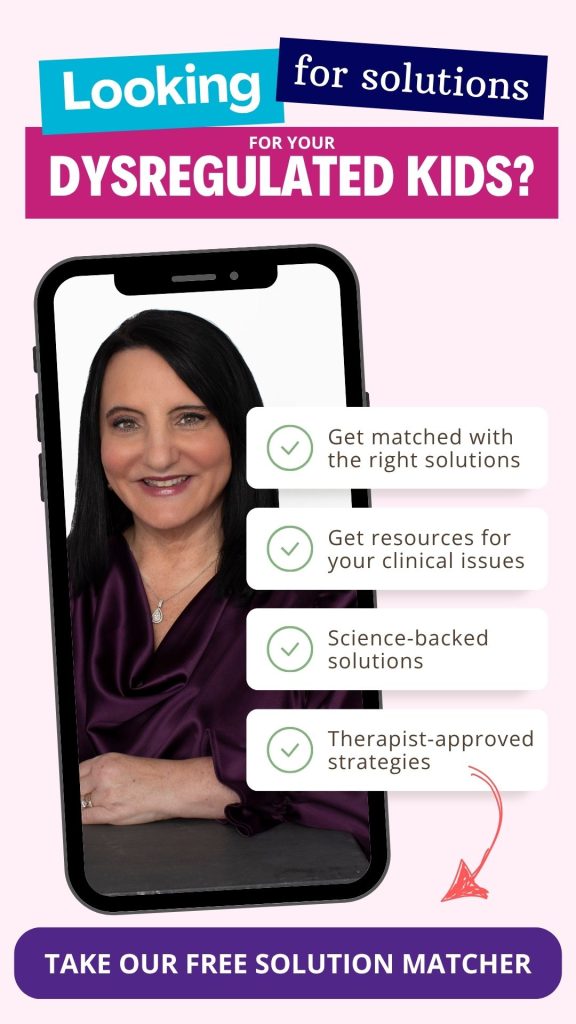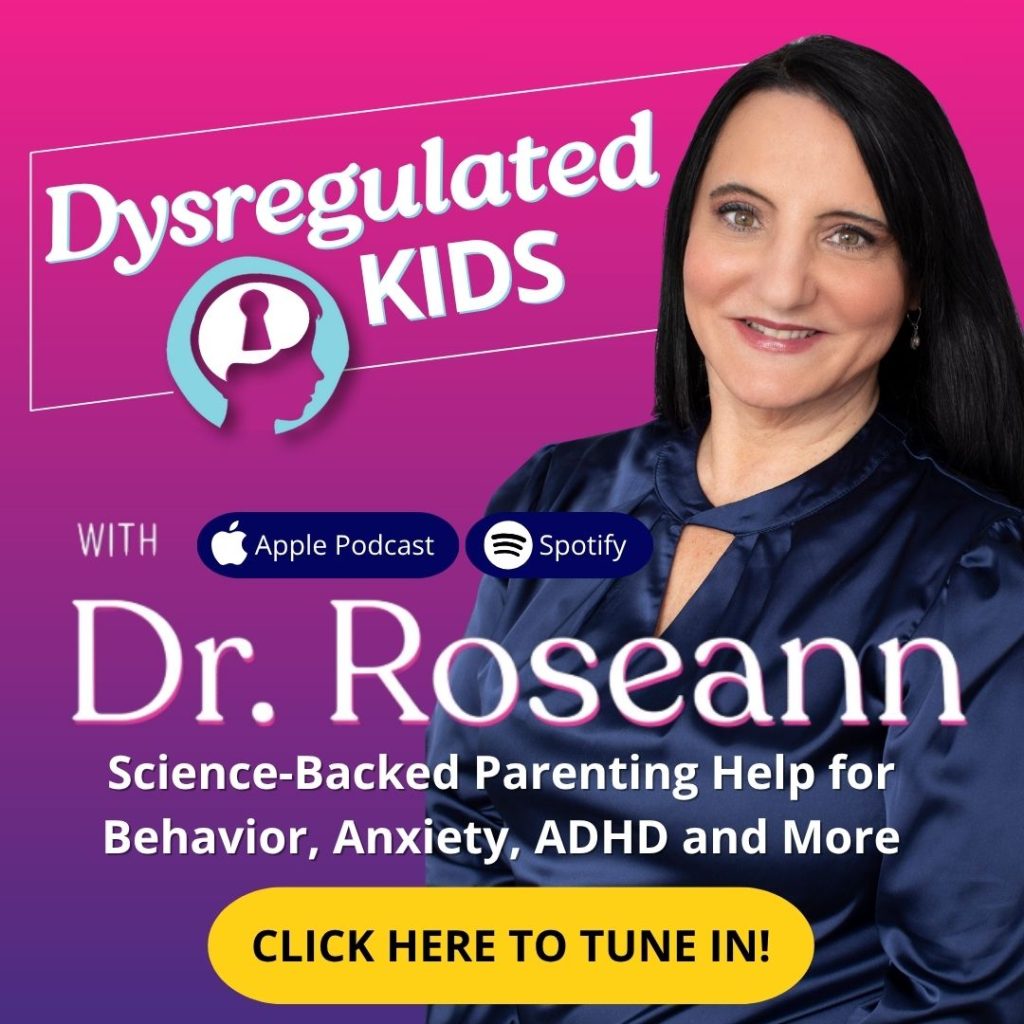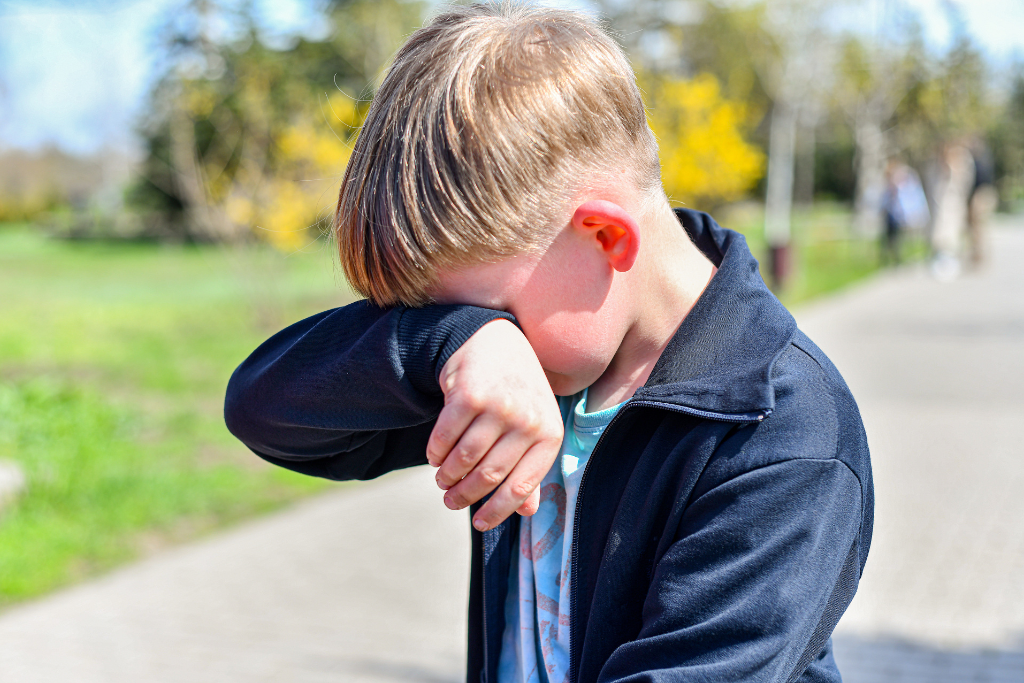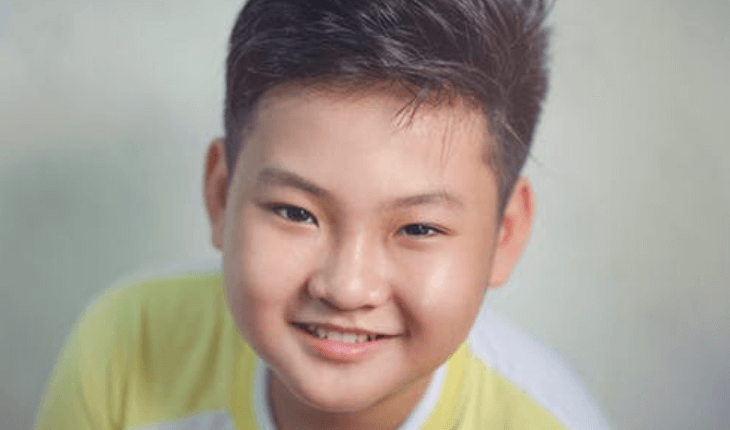
Estimated reading time: 12 minutes
Ever notice your child drifting off mid-task or suddenly melting down over something tiny? Feeling like you’re paddling through a storm with no land in sight can be exhausting yet calming the brain first can unlock hidden strengths you didn’t even realize were there.
Maybe charts, routines, or gentle reminders haven’t shifted a thing and you’re left questioning what invisible forces are hijacking daily life. Research-backed supplements for ADHD can quietly boost focus, lift mood, and ease emotional storms while bringing calm and balance into a home that often feels stretched thin—because when you calm the brain first, everything follows.
A Holistic Approach to ADHD Serotonin Deficiencies
Notice your child drifting mid-task or suddenly melting down over something tiny? ADHD can quietly hijack focus, impulse control, and mood. Suddenly, even small chores feel like climbing a mountain.
Nutrients matter. Many kids are missing key building blocks that help their brains stay balanced. Supplements can gently support attention, calm, and regulation without feeling overwhelming.
1. Zinc
- Fuels neurotransmitters and melatonin metabolism
- Nudges dopamine, improving focus, calming hyperactivity, and supporting social skills
- Research shows ADHD symptoms improve with zinc sulfate (Bilici et al., 2004)
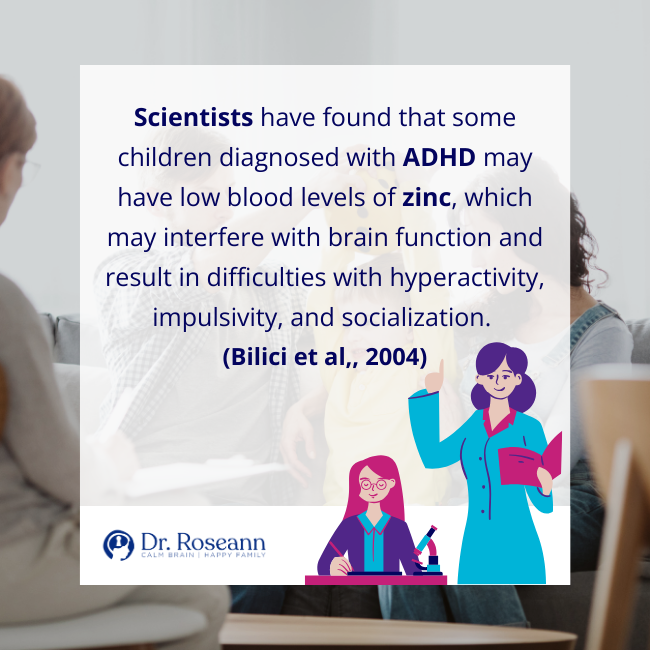
Food sources:
- oysters
- beef
- chicken
- tofu
- nuts
- lentils
- yogurt
2. Magnesium
Ever wish you could hit pause on meltdowns? Magnesium might help.
- Soothes the nervous system and sparks serotonin (Eby & Eby, 2010). Think of it as a gentle brake on an overactive brain.
- Boosts brain energy for sharper focus and calmer regulation. Tiny shifts can turn chaos into clarity.
- Kids with ADHD often run low on magnesium (Starobrat-Hermelin & Kozielec, 1997), which can worsen:
- hyperactivity
- irritability
- daydreaming (Gröber et al., 2015)
- Pairs well with Vitamin D. Adding zinc or omega-3s may support brain balance—a toolkit for calmer thinking.
- Oxidative stress quietly damages neurons, linking immune health and ADHD (Hegvik et al., 2018; Verlaet et al., 2018).
Safety Tips
- Safe when dosed wisely; too much may upset digestion or calcium levels.
- Can interact with medications—check with a healthcare provider.
Remember: calming the brain first unlocks potential and quiets chaos. Behavior signals a need; brain regulation holds the key. Behavior is the symptom; brain regulation is the solution.

Treating ADHD Vitamin Deficiency
3. Vitamins D and B
Looking for ways to help your child focus without turning every task into a battle? Vitamins can quietly support attention, mood and brain energy—especially in kids with ADHD. Sometimes a small tweak feels like flipping a switch in a busy brain.
Vitamin D
- Supports attention, motivation and mood by helping:
- Dopamine, norepinephrine and serotonin release
- Acetylcholine production for focus and memory
- Growth of nerve cells for executive function
- Magnesium balance to calm overstimulation
- Low vitamin D can worsen inattention, hyperactivity or impulsivity (Sharif et al., 2015). Have you noticed this in your child?
Ways to boost it:
- short sun breaks
- fatty fish
- egg yolks
- mushrooms
- D₃ supplement
Studies show children with ADHD often improve focus and behavior after supplementation (Elshorbagy et al., 2018).
Vitamin B Complex
- Helps nervous systems hum and brains stay energized
- Reduces fatigue and mental fog
- Supports mood
- Improves attention
Key vitamins:
- B1, B2, B3, B5 – nervous system support
- B6 – serotonin production for focus
- B9 (Folate) – detoxification, neurotransmission and CNS regulation
- B12 – neurological health
Magnesium with B6 can improve behavior, ease anxiety and help movement.
Sources:
- whole grains
- rice
- meat
- eggs
- dairy
- leafy greens
- fruits
- legumes
- B complex supplement
Stress or illness may increase your child’s needs. Think of these nutrients as a toolkit for calmer thinking and steadier energy.
Remember, behavior signals a need and brain regulation holds the key—calming the brain first can unlock your child’s potential.
Natural ADHD Supplements for a Healthy Nervous System
4. Essential Fatty Acid Supplements
Struggling with your child’s focus or impulsivity? Sometimes omega-3s quietly shift a brain buzzing like an overloaded circuit. Adding these fats can feel like flipping a hidden switch when calm feels impossible.
Why Omega-3 Matters
- EPA and DHA tuck into cell membranes and gently ease inflammation that clouds attention or self-control
- Supports serotonin, the tiny brain messenger that sparks motivation when energy drifts unpredictably
- Boosts prefrontal cortex and nucleus accumbens, helping kids switch attention suddenly and manage tricky emotions
- DHA strengthens cerebral cortex, keeping attention circuits steady like gears tuned in a vintage watch
Food & Supplement Sources
- Fatty fish such as salmon, tuna or sardines
- Wild game
- Walnuts
- High-quality omega-3 supplements if meals fall short
Omega-6 Fatty Acids
- Found in eggs, corn, poultry or soybean oil
- GLA eases inflammation and supports brain function (Novak et al., 2003)
Research Insights
- Children with ADHD often have lower essential fatty acid levels than peers
- Supplementation can reduce hyperactivity, impulsivity and inattention while boosting working memory and learning (Chang et al., 2019)
Think of omega-3s as handing your child a toolkit for calmer focus and steadier energy. Behavior signals a need and brain regulation holds the key—calm the brain first, everything follows.

5. Melatonin Supplement
Ever notice your child struggles more when they don't sleep well? Kids with ADHD frequently wrestle with sleep disruptions, and a little help from melatonin can shift nighttime chaos into calmer cycles.
Why Sleep Matters
- Clears toxins that sneak into brain spaces during waking hours (Xie et al., 2013; Esposito & Cuzzocrea (2010)
- Reduces inflammation that clouds thinking and emotion
- Keeps attention and executive function steadier, almost like oiling a rusty machine
Melatonin at a Glance
- Secreted by the pineal gland to guide sleep-wake rhythms
- Roughly 15–25% of children struggle with falling or staying asleep
- Evening screen time and poor sleep routines can amplify challenges
- Studies show supplements improve sleep quality and maintain benefits long-term (Weiss et al., 2016)
Think of quality sleep as giving your child’s brain a nightly reset button. Calm brains make calmer behavior. Remember, calm brains unlock your child’s potential.
Herbs for Treating ADHD Naturally
Helping a child with ADHD begins with nourishing the brain. While diet and nutrients lay the groundwork, herbs like Ginkgo biloba—often paired with ginseng—can further support focus and attention (Lyon et al., 2001).
6. Ginkgo Biloba
- Boosts memory and focus – Research shows kids with ADHD can sharpen attention and thinking with ginkgo (Silberstein et al., 2011). Think of it like giving the brain a new pair of glasses.
- Shields brain cells – Antioxidants in ginkgo protect against oxidative stress that can damage cell membranes, proteins, and even DNA (He et al., 2018). Those hits can feed into neurodevelopmental struggles.
- Nurtures brain activity – Ginkgo’s terpene trilactones act like tiny protectors, keeping brain function steady and resilient.
How Families Use It
- Tea
- Tinctures
- Capsules or tablets
Safety Note for Parents
Most kids tolerate ginkgo well, but it’s not a fit for children with seizure disorders. And because it can interact with certain medications, always check with your provider first.
7. Ginseng
Research shows ginseng can sharpen certain cognitive skills in children (Ahn et al., 2016):
- Better attention
- Stronger coordination
- Faster reaction speed
Pair it with ginkgo, and the two work like teammates—lifting focus while softening some ADHD struggles (Lyon et al., 2001).
How Ginseng Nourishes the Brain
- Focus fuel – The active compounds boost dopamine and norepinephrine in the cortex (Itoh et al., 1989).
- Growth support – Over time, it feeds the brain like soil that helps roots grow strong.
- Neuroprotection – Shields brain cells and helps regulate inattention, impulsivity, and restlessness (Ko et al., 2014).
- Behavior balance – A well-fed brain settles more easily, meaning calmer afternoons and fewer meltdowns.
Simple Ways Families Use Ginseng
- Warm tea before bedtime
- Tinctures mixed in juice
- Capsules or tablets for everyday ease
This isn’t a magic fix, but it’s one more tool to support regulation. By calming the brain first, you unlock potential and create space for your child’s best self to shine.
https://www.youtube.com/watch?v=gH8VqLLssRc&t=6s
8. L-Theanine
This amino acid, found in green tea, offers a quiet kind of focus. It calms the brain without making kids groggy—more like turning down the static on a radio so the music comes through clearly.
Why Parents Choose L-Theanine
- Calm without sedation – Quiets anxious energy while keeping kids alert and capable
- Brainwave balance – Smooths overstimulation, creating space for clearer focus
- Neurotransmitter support – Boosts calming GABA while easing excess glutamate
- ADHD relief – May ease hyperactivity, impulsivity, and racing thoughts that hijack afternoons
Even small changes ripple outward. A shift in brain chemistry can turn homework battles into smoother evenings and lighten the emotional load at bedtime.
When we calm the brain first, children feel grounded, behavior improves, and emotional well-being follows. That’s when potential shines through—and that’s exactly the heart of my work.
9. Rhodiola Rosea
Think of Rhodiola like a gentle hand steadying an overworked brain. Kids often find themselves calmer, able to focus longer, and still with spark left for play.
Why Parents Lean on Rhodiola Rosea
- Mood & focus – Lifts dopamine, serotonin, and norepinephrine which can brighten spirits and sharpen attention
- Steady energy – Pushes back against fatigue while fueling consistent mental effort
- Brain support – Strengthens memory and learning capacity (Petkov et al., 1986)
- Stress relief – Calms a frazzled nervous system and makes overwhelm easier to manage (Spasov et al., 2000)
And that’s what families need most—simple, natural ways to calm the brain so kids can feel good, learn better, and enjoy being kids again.
How Can You Boost Dopamine Naturally For ADHD?
ADHD often ties back to dopamine—this little brain messenger shapes focus, motivation, and mood. When levels dip, kids can struggle to pay attention, feel unmotivated, and ride big emotional waves.
Parents ask me all the time: “What can I do that doesn’t come with side effects?” The good news—certain nutrients and botanicals gently fuel dopamine pathways and support the brain:
- Magnesium
- Fish oil (Omega-3s)
- Vitamin D
- Ginkgo & Ginseng
- Probiotics
- 5-HTP
When you nourish your child’s brain in natural ways, you’re helping calm dysregulation at its root—making focus steadier, motivation stronger, and emotions easier to manage.
Parent Action Steps
Take our Solution Matcher for personalized recommendations Download the 147 Therapist-Endorsed Self-Regulation Strategies additional resources Explore natural approaches like supplements and neurofeedback Seek professional assessment for accurate diagnosis Take this ADHD Quiz to know if your child has ADHD or something else Educate yourself more with my ADHD podcast episodes Explore essential nutrients for brain support and natural remedies like magnesium Customize a treatment plan for your child’s needs
FAQs
Are supplements safe for kids with ADHD?
Most ADHD-friendly supplements, like magnesium and fish oil, are safe when used properly. Always check with your child’s provider, start with the right dose, and remember—supplements support brain health but don’t replace a balanced diet and regulation strategies.
Can diet and supplements work together for ADHD?
Absolutely. A nutrient-rich diet combined with targeted supplements can give the brain what it needs to regulate more smoothly. Think of it as building blocks: food lays the foundation, while supplements fill in the gaps to strengthen focus and mood.
Can diet and supplements work together for ADHD?
Absolutely. A nutrient-rich diet combined with targeted supplements can give the brain what it needs to regulate more smoothly. Think of it as building blocks: food lays the foundation, while supplements fill in the gaps to strengthen focus and mood.
Citations
Ahn, J., Ahn, H. S., Cheong, J. H., & Dela Peña, I. (2016). Natural Product-Derived Treatments for Attention-Deficit/Hyperactivity Disorder: Safety, Efficacy, and Therapeutic Potential of Combination Therapy. Neural plasticity, 2016, 1320423. https://doi.org/10.1155/2016/1320423
Bilici, M., Yildirim, F., Kandil, S., Bekaroğlu, M., Yildirmiş, S., Değer, O., Ulgen, M., Yildiran, A., & Aksu, H. (2004). Double-blind, placebo-controlled study of zinc sulfate in the treatment of attention deficit hyperactivity disorder. Progress in neuro-psychopharmacology & biological psychiatry, 28(1), 181–190. https://doi.org/10.1016/j.pnpbp.2003.09.034
Chang, J.PC., Su, KP., Mondelli, V. et al. High-dose eicosapentaenoic acid (EPA) improves attention and vigilance in children and adolescents with attention deficit hyperactivity disorder (ADHD) and low endogenous EPA levels. Transl Psychiatry 9, 303 (2019). https://doi.org/10.1038/s41398-019-0633-0
Eby, G. A., 3rd, & Eby, K. L. (2010). Magnesium for treatment-resistant depression: a review and hypothesis. Medical hypotheses, 74(4), 649–660. https://doi.org/10.1016/j.mehy.2009.10.051
Elshorbagy, H. H., Barseem, N. F., Abdelghani, W. E., Suliman, H. A. I., Al-Shokary, A. H., Abdulsamea, S. E., Elsadek, A. E., Abdel Maksoud, Y. H., & Nour El Din, D. M. A. E. (2018). Impact of Vitamin D Supplementation on Attention-Deficit Hyperactivity Disorder in Children. The Annals of pharmacotherapy, 52(7), 623–631. https://doi.org/10.1177/1060028018759471
Gröber, U., Schmidt, J., & Kisters, K. (2015). Magnesium in Prevention and Therapy. Nutrients, 7(9), 8199–8226. https://doi.org/10.3390/nu7095388
He, S., Wang, M., Si, J., Zhang, T., Cui, H., & Gao, X. (2018). Efficacy and safety of ginkgo preparations for attention deficit hyperactivity disorder: a systematic review protocol. BMJ open, 8(2), e020434. https://doi.org/10.1136/bmjopen-2017-020434
Hegvik, T. A., Instanes, J. T., Haavik, J., Klungsøyr, K., & Engeland, A. (2018). Associations between attention-deficit/hyperactivity disorder and autoimmune diseases are modified by sex: a population-based cross-sectional study. European child & adolescent psychiatry, 27(5), 663–675. https://doi.org/10.1007/s00787-017-1056-1
Ko, H. J., Kim, I., Kim, J. B., Moon, Y., Whang, M. C., Lee, K. M., & Jung, S. P. (2014). Effects of Korean red ginseng extract on behavior in children with symptoms of inattention and hyperactivity/impulsivity: a double-blind randomized placebo-controlled trial. Journal of child and adolescent psychopharmacology, 24(9), 501–508. https://doi.org/10.1089/cap.2014.0013
Kozielec, T., & Starobrat-Hermelin, B. (1997). Assessment of magnesium levels in children with attention deficit hyperactivity disorder (ADHD). Magnesium research, 10(2), 143–148.
Lyon, M. R., Cline, J. C., Totosy de Zepetnek, J., Shan, J. J., Pang, P., & Benishin, C. (2001). Effect of the herbal extract combination Panax quinquefolium and Ginkgo biloba on attention-deficit hyperactivity disorder: a pilot study. Journal of psychiatry & neuroscience : JPN, 26(3), 221–228.
Novak, T. E., Babcock, T. A., Jho, D. H., Helton, W. S., & Espat, N. J. (2003). NF-kappa B inhibition by omega -3 fatty acids modulates LPS-stimulated macrophage TNF-alpha transcription. American journal of physiology. Lung cellular and molecular physiology, 284(1), L84–L89. https://doi.org/10.1152/ajplung.00077.2002
Sharif, M. R., Madani, M., Tabatabaei, F., & Tabatabaee, Z. (2015). The Relationship between Serum Vitamin D Level and Attention Deficit Hyperactivity Disorder. Iranian journal of child neurology, 9(4), 48–53.
Silberstein, R. B., Pipingas, A., Song, J., Camfield, D. A., Nathan, P. J., & Stough, C. (2011). Examining brain-cognition effects of ginkgo biloba extract: brain activation in the left temporal and left prefrontal cortex in an object working memory task. Evidence-based complementary and alternative medicine : eCAM, 2011, 164139. https://doi.org/10.1155/2011/164139
Starobrat-Hermelin, B., & Kozielec, T. (1997). The effects of magnesium physiological supplementation on hyperactivity in children with attention deficit hyperactivity disorder (ADHD). Positive response to magnesium oral loading test. Magnesium research, 10(2), 149–156.
Weiss, M. D., Wasdell, M. B., Bomben, M. M., Rea, K. J., & Freeman, R. D. (2006). Sleep hygiene and melatonin treatment for children and adolescents with ADHD and initial insomnia. Journal of the American Academy of Child and Adolescent Psychiatry, 45(5), 512–519.
Verlaet, A. A. J., Maasakkers, C. M., Hermans, N., & Savelkoul, H. F. J. (2018). Rationale for Dietary Antioxidant Treatment of ADHD. Nutrients, 10(4), 405. https://doi.org/10.3390/nu10040405
Xie, L., Kang, H., Xu, Q., Chen, M. J., Liao, Y., Thiyagarajan, M., O’Donnell, J., Christensen, D. J., Nicholson, C., Iliff, J. J., Takano, T., Deane, R., & Nedergaard, M. (2013). Sleep Drives Metabolite Clearance from the Adult Brain. Science, 342(6156), 373–377. https://doi.org/10.1126/science.1241224
Dr. Roseann is a mental health expert in ADHD who frequently is in the media:
- Helping Children Thrive Podcast Benefits of Neurofeedback for children with ADHD
- She Knows 11 Products Moms of Kids With ADHD Swear By to Maintain Order in the Chaos
- The Healthy 12 Silent Signs of Adult ADHD You Might Be Ignoring
- It’s Gonna Be OK! Podcast ADHD Series
Always remember… “Calm Brain, Happy Family™”
Disclaimer: This article is not intended to give health advice and it is recommended to consult with a physician before beginning any new wellness regime. *The effectiveness of diagnosis and treatment vary by patient and condition. Dr. Roseann Capanna-Hodge, LLC does not guarantee certain results.
Are you looking for SOLUTIONS for your struggling child or teen?
Dr. Roseann and her team are all about science-backed solutions, so you are in the right place!


%20.png)



